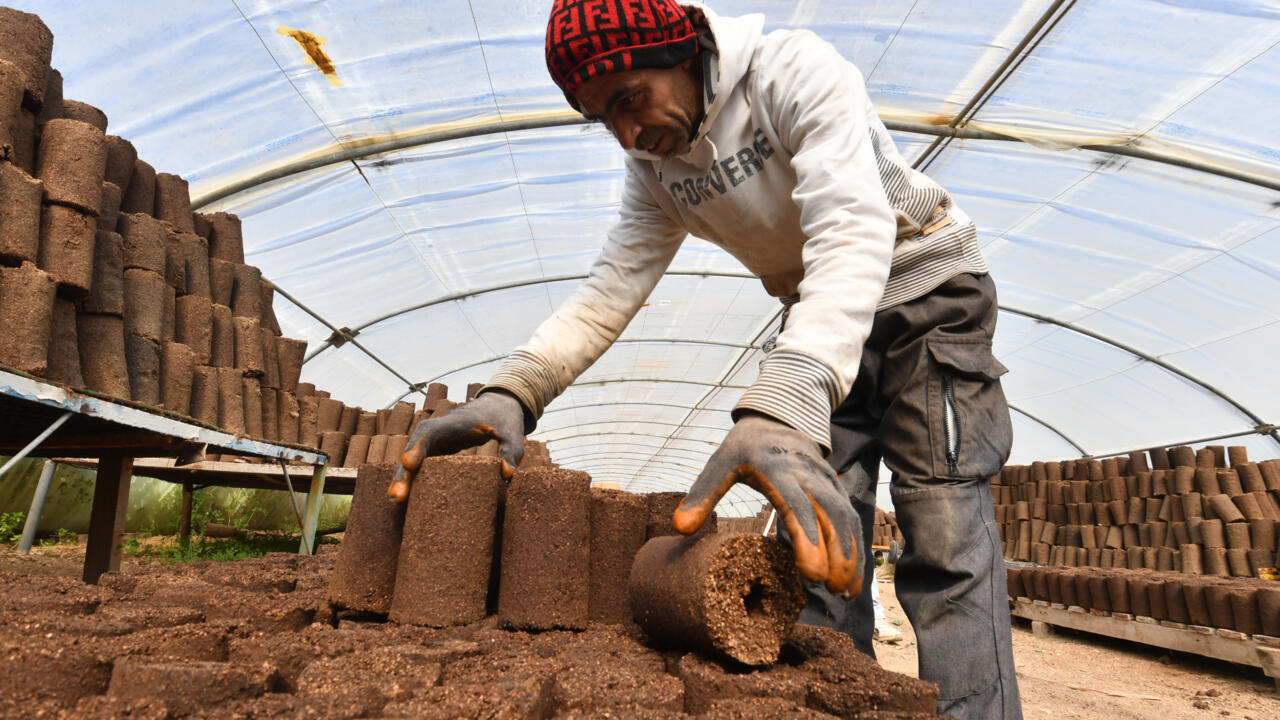In northern Tunisia, Engr Yassine Khelifi is transforming olive oil waste into an eco-friendly energy source.
Khelifi’s company, Bioheat, founded in 2022, converts olive residue from oil extraction into fuel briquettes—a move aimed at reducing Tunisia’s dependence on imported fuel and curbing deforestation.
With Tunisia set to become the world’s third-largest olive oil producer by 2024-2025, the potential for sustainable energy from olive waste is immense.
From olive oil waste to green energy
Instead of letting olive waste go unused, Khelifi’s innovative machine compresses it into high-energy briquettes with only eight percent moisture content. These burn cleaner than traditional firewood, significantly cutting carbon emissions. Local restaurants and guesthouses have embraced this eco-friendly alternative, with 60 percent of Bioheat’s production exported to France and Canada.
Read also: Payhippo evolves into Rivy, secures $4 million for clean energy in Nigeria
Tunisia’s renewable energy goals
Tunisia is on a mission to significantly increase its renewable energy production, setting ambitious targets of generating 35 percent of its electricity from renewable sources by 2030 and 50 percent by 2050. To achieve these goals, the country is focusing on expanding solar power, with large-scale solar plants being developed in Sidi Bouzid and Tozeur.
Additionally, wind energy is playing an essential role in Tunisia’s renewable energy mix, with existing wind farms contributing to electricity generation. Another key initiative is the development of green hydrogen, with Tunisia aiming to produce 8.3 million tonnes annually by 2050, a significant portion of which is intended for export. These strategies are positioning Tunisia as a leader in clean energy and sustainability.
Challenges and Tunisia’s role as a green energy hub
Despite its progress, Tunisia faces several challenges in its transition to clean energy. The country still heavily relies on fossil fuels, with over 60 percent of its energy needs met through imports, making energy security a pressing concern.
Additionally, integrating renewable energy sources into the existing power grid presents significant infrastructure challenges. Investment remains another key obstacle, as Tunisia seeks both public and private partnerships to accelerate its renewable energy projects.
However, innovative solutions like turning olive waste into clean energy offer a promising way forward. With Tunisia set to become one of the largest olive oil producers, the country generates massive amounts of olive residue, which can be repurposed into biomass fuel.
This approach not only helps reduce reliance on imported energy but also supports environmental sustainability by cutting down deforestation and carbon emissions. By embracing such renewable alternatives, Tunisia can take a major step toward energy independence and a greener future.
Tunisia’s strategic location between Europe and Africa positions it as a potential leader in green energy exports, particularly in hydrogen and bioenergy.
By harnessing its natural resources—from sun and wind to olive waste—Tunisia is taking bold steps toward a sustainable energy future. With continued innovation and investment, the country is on track to become a regional powerhouse in renewable energy while reducing its environmental footprint.
















